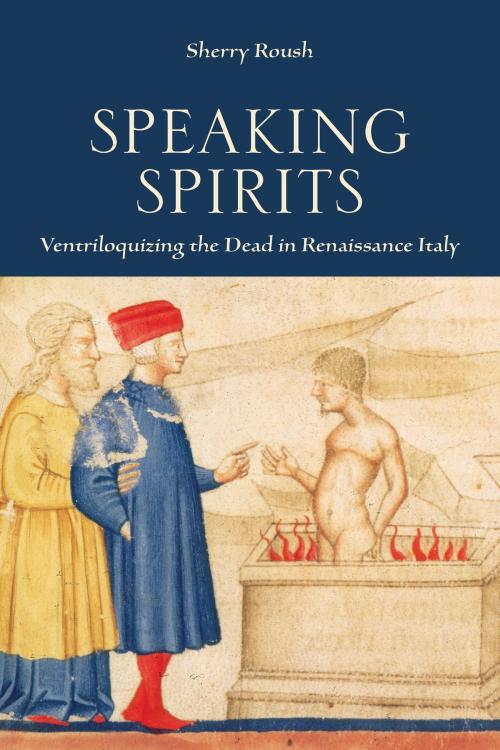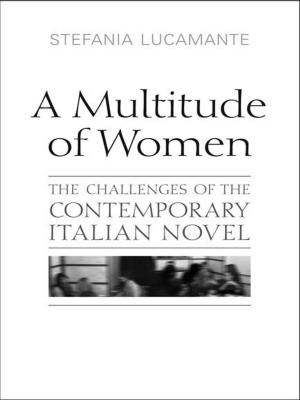Speaking Spirits
Ventriloquizing the Dead in Renaissance Italy
Nonfiction, History, Italy, Renaissance, Fiction & Literature, Literary Theory & Criticism| Author: | Sherry Roush | ISBN: | 9781442623026 |
| Publisher: | University of Toronto Press, Scholarly Publishing Division | Publication: | May 7, 2015 |
| Imprint: | Language: | English |
| Author: | Sherry Roush |
| ISBN: | 9781442623026 |
| Publisher: | University of Toronto Press, Scholarly Publishing Division |
| Publication: | May 7, 2015 |
| Imprint: | |
| Language: | English |
In classical and early modern rhetoric, to write or speak using the voice of a dead individual is known as eidolopoeia. Whether through ghost stories, journeys to another world, or dream visions, Renaissance writers frequently used this rhetorical device not only to co-opt the authority of their predecessors but in order to express partisan or politically dangerous arguments.
In Speaking Spirits, Sherry Roush presents the first systematic study of early modern Italian eidolopoeia. Expanding the study of Renaissance eidolopoeia beyond the well-known cases of the shades in Dante’s Commedia and the spirits of Boccaccio’s De casibus vivorum illustrium, Roush examines many other appearances of famous ghosts – invocations of Boccaccio by Vincenzo Bagli and Jacopo Caviceo, Girolamo Malipiero’s representation of Petrarch in Limbo, and Girolamo Benivieni’s ghostly voice of Pico della Mirandola. Through close readings of these eidolopoetic texts, she illuminates the important role that this rhetoric played in the literary, legal, and political history of Renaissance Italy.
In classical and early modern rhetoric, to write or speak using the voice of a dead individual is known as eidolopoeia. Whether through ghost stories, journeys to another world, or dream visions, Renaissance writers frequently used this rhetorical device not only to co-opt the authority of their predecessors but in order to express partisan or politically dangerous arguments.
In Speaking Spirits, Sherry Roush presents the first systematic study of early modern Italian eidolopoeia. Expanding the study of Renaissance eidolopoeia beyond the well-known cases of the shades in Dante’s Commedia and the spirits of Boccaccio’s De casibus vivorum illustrium, Roush examines many other appearances of famous ghosts – invocations of Boccaccio by Vincenzo Bagli and Jacopo Caviceo, Girolamo Malipiero’s representation of Petrarch in Limbo, and Girolamo Benivieni’s ghostly voice of Pico della Mirandola. Through close readings of these eidolopoetic texts, she illuminates the important role that this rhetoric played in the literary, legal, and political history of Renaissance Italy.















